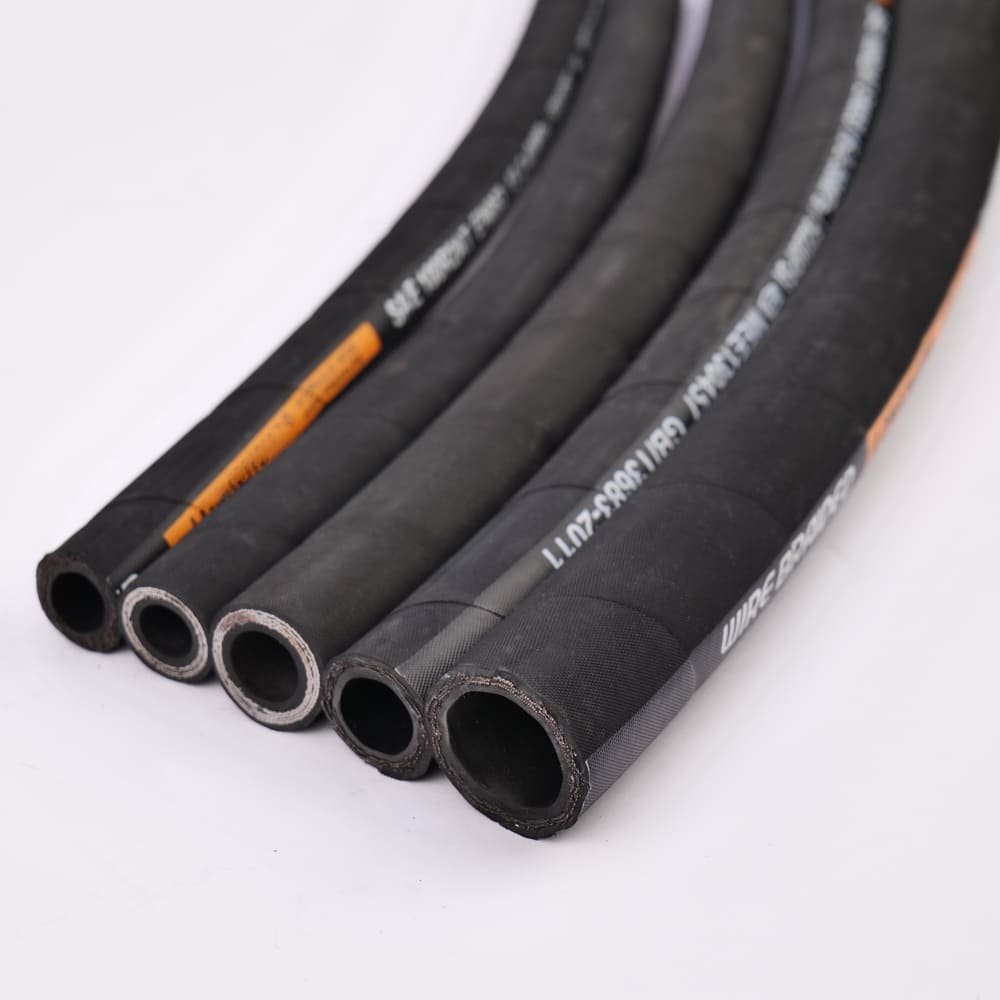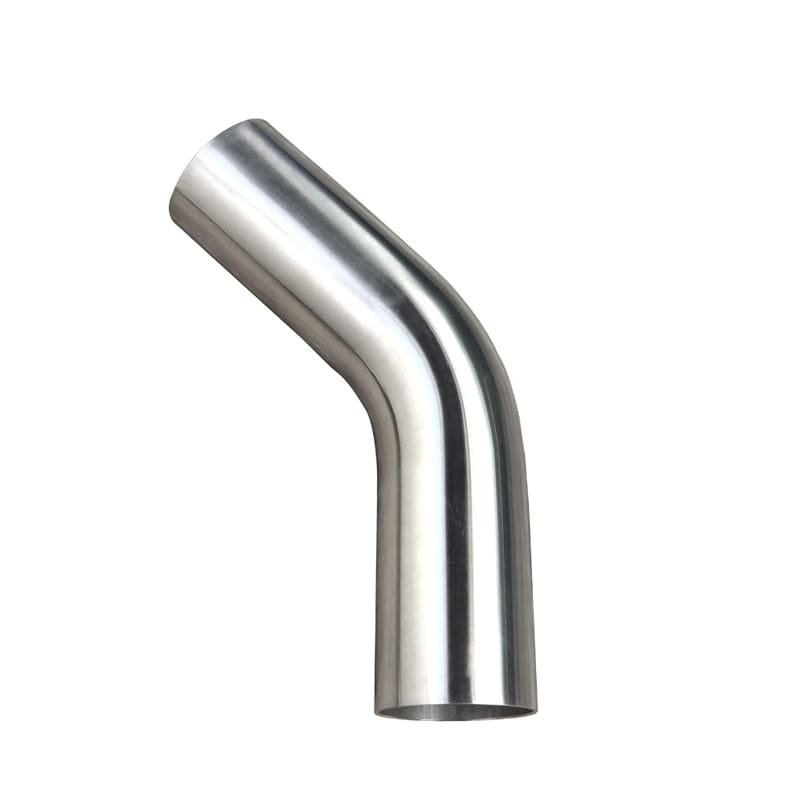Introduction:
Choosing the right hose for automotive applications can make a significant difference in performance, durability, and maintenance costs. Silicone hoses and rubber hoses both have their pros and cons, so it’s important to know when to choose silicone hoses over rubber hoses. This article will help wholesalers, automotive factories, and procurement professionals make the right decision.
Leading Paragraph:
When it comes to picking hoses for automotive and industrial use, it’s important to know the unique advantages of silicone and rubber hoses. Making the right choice can improve performance and lifespan, especially in tough conditions.
Snippet Answer Paragraph:
Silicone hoses are preferred over rubber hoses in applications where you need heat resistance, flexibility, and long life. They work great in cooling systems and exhaust systems because they can handle the heat and still flex over time.
Let’s dive deeper into the specific scenarios where silicone hoses outperform rubber hoses.
What are the disadvantages of silicone hoses?
There’s one big problem with silicone hoses: the molecules in silicone don’t play well with oil, fuel, and other petroleum-based products. This means you can’t use them for applications where they’ll come into contact with fuel or oil. Plus, silicone hoses usually cost more than rubber hoses. That’s something to keep in mind if you’re watching your budget.
What is the benefit of silicone hoses?
Silicone hoses have many advantages, which is why they are used in so many industries. They are heat resistant, flexible, durable, resistant to chemicals, insulate well, work in a vacuum, and are easy to take care of. All of these things make them great for high-stress situations.
Which is better, silicone or rubber vacuum lines?
Silicone hoses are better at handling heat, insulating electricity, and resisting chemicals. However, rubber hoses are cheaper for low-temperature and low-pressure applications. For vacuum lines, where you don’t need the good stuff, rubber will work.
Are silicone hose kits worth it?
Silicone hose kits are a good buy. Silicone hoses are more flexible than rubber hoses and stay that way, unlike rubber hoses, which harden and become brittle over time. This flexibility makes them easier to install and helps them last longer.
Silicone radiator hose pros and cons
Pros:
High-temperature resistance
Long-lasting durability
Maintains flexibility over time
Cons:
Higher cost
Not compatible with oil-based products
Silicone vs rubber radiator hoses
Silicone hoses can take much higher temperatures than rubber hoses, so they’re used in high-performance applications like radiators in race cars. For regular cars, though, rubber hoses are cheaper and good enough.
Are silicone radiator hoses better?
Yes, silicone radiator hoses are better. They can handle heat better and last longer. They don’t get hard and crack like rubber hoses do, so they work better when things get hot.
How long do silicone hoses last?
Silicone hoses can last a lot longer than rubber hoses. The exact lifespan will depend on the application and conditions, but silicone hoses can last several years longer because they resist environmental factors.
Do silicone radiator hoses leak?
Silicon radiator hoses are less prone to leaking than rubber hoses. Their flexibility and durability help them maintain a tight fit over time, which reduces the chance of leaks.
Silicone hoses vs OEM
Silicone hoses are often better than OEM rubber hoses in terms of durability and performance. While OEM hoses are designed for normal conditions, silicone hoses are made for high-stress environments, so they’ll be more reliable.
Why are silicone hoses better?
Silicone hoses are better because they can handle higher temperatures, are more flexible, and last longer. They work better in extreme conditions, which makes them great for high-performance and tough applications.
Do silicone hoses make a difference?
Yes, silicone hoses make a big difference in terms of reliability and how long they last. They can handle higher temperatures and still stay flexible, so they work better and you don’t have to replace them as often.
Summary:
Deciding between silicone and rubber hoses depends on your specific needs. If you’re dealing with high temperatures and high stress, silicone hoses will outperform and outlast rubber hoses. If you’re just doing a regular job and cost is a concern, rubber hoses will work. Knowing the difference will help you make the right decision for your job, so you get the best performance and the best value.





